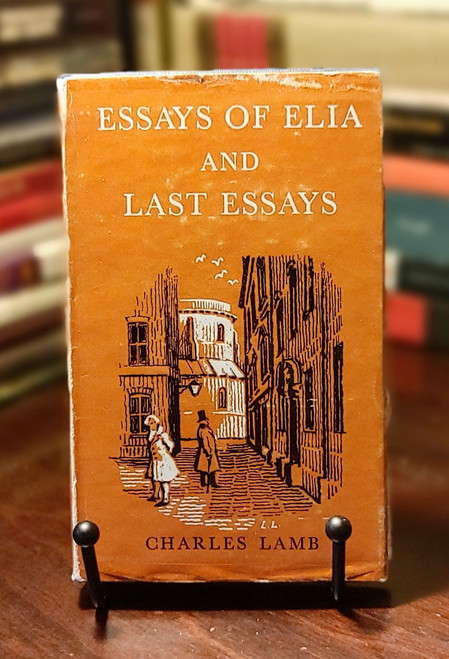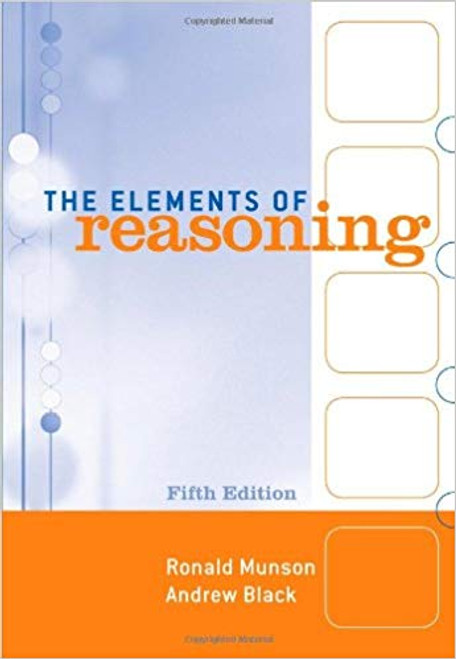Between 1961, when she gave her first talk at the Ford Hall Forum in Boston, and 1981, when she gave the last talk of her life in New Orleans, Ayn Rand spoke and wrote about topics as varied as education, medicine, Vietnam, and the death of Marilyn Monroe. In The Voice of Reason, these pieces, written in the last decades of Rand's life, are gathered in book form for the first time. With them are five essays by Leonard Peikoff, Rand's longtime associate and literary executor. The work concludes with Peikoff's epilogue, "My Thirty Years With Ayn Rand: An Intellectual Memoir," which answers the question "What was Ayn Rand really like?" Important reading for all thinking individuals, Rand's later writings reflect a life lived on principle, a probing mind, and a passionate intensity. This collection communicates not only Rand's singular worldview, but also the penetrating cultural and political analysis to which it gives rise.
Editorial Reviews
"Persuasive...Well-articulated...Prime Rand!" --Kirkus Reviews
"Thirty-one entirely provocative essays." --The Charleston Evening Post
"Thought-provoking...Vintage Rand!" --Richmond News-Leader
About the Author
Born February 2, 1905, Ayn Rand published her first novel, We the Living, in 1936. Anthem followed in 1938. It was with the publication of The Fountainhead (1943) and Atlas Shrugged (1957) that she achieved her spectacular success. Rand’s unique philosophy, Objectivism, has gained a worldwide audience. The fundamentals of her philosophy are put forth in three nonfiction books, Introduction to Objectivist Epistemology, The Virtues of Selfishness, and Capitalism: The Unknown Ideal. They are all available in Signet editions, as is the magnificent statement of her artistic credo, The Romantic Manifesto.
Dr. Leonard Peikoff worked closely with Ayn Rand for many years and was designated by her as heir to her estate. He has taught philosophy at Hunter College, Long Island University, and he lectures on Ayn Rand's philosophy throughout the country. Dr. Peikoff is the author of The Ominous Parallels: The End of Freedom in America (Mentor), and the editor of The Early Ayn Rand (Signet).







